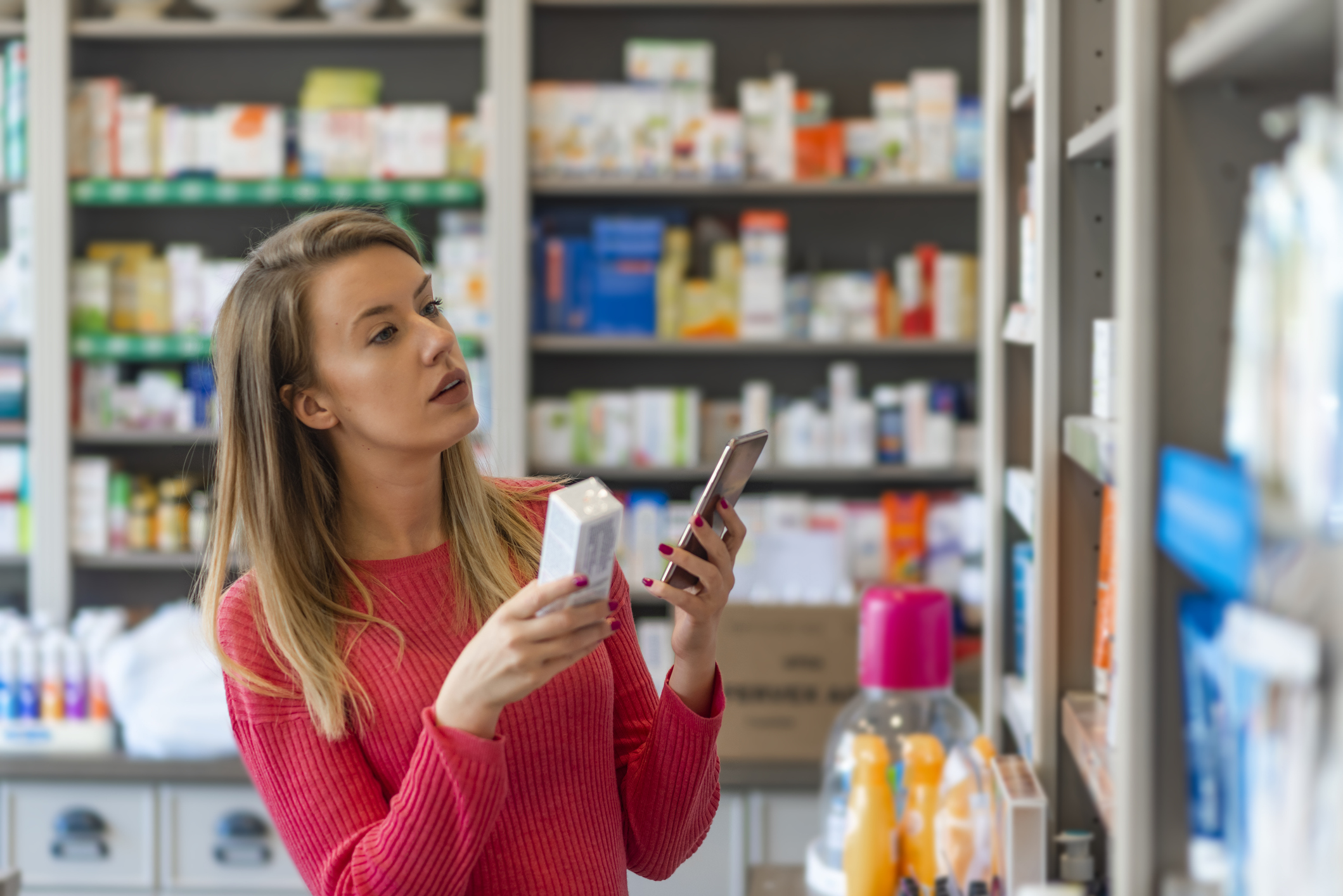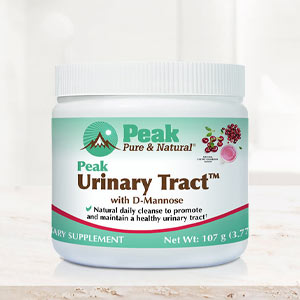Get Easy Health Digest™ in your inbox and don’t miss a thing when you subscribe today. Plus, get the free bonus report, Mother Nature’s Tips, Tricks and Remedies for Cholesterol, Blood Pressure & Blood Sugar as my way of saying welcome to the community!
5 probiotic strains that restore balance to your vaginal microbiome

Your microbiome goes way beyond your gut. It extends across your whole body, including your most sensitive area. When the bacterial balance gets out of whack down there, you’re left with a nasty infection known as bacterial vaginosis… and you’re even more vulnerable to STDs.
What is bacterial vaginosis exactly?
It’s an overgrowth of bad bacteria in the vaginal area that triggers inflammation, itching, burning, discharge and an unpleasant smell. It can happen to women of all ages, although it’s more common during your reproductive years.
But the good news is, there’s a simple way to keep your vaginal microbiome balanced and prevent this nasty infection before it starts (or if you already have it, to recover quicker) …
They are called Lactobacillus probiotics.
Past research shows that bacterial vaginosis occurs when your vaginal microbiome doesn’t produce enough Lactobacillus bacteria species. And a new study shows that taking probiotics containing Lactobacillus strains could improve treatment and reduce relapses for women prone to these infections…
The strain with the most antimicrobial potential against bacterial vaginosis
Researchers from the University of Cape Town just discovered that certain Lactobacillus strains could make women more resilient to bacterial vaginosis infections.
In their study, these researchers extracted vaginal Lactobacillus strains from young women and compared them to strains in women’s vaginal health probiotics. They found that the strains extracted from women had more potential for treating and preventing bacterial vaginosis than the strains found in the probiotics being sold for vaginal health.
More specifically, they found that these strains have a more positive impact on vaginal pH, had more antimicrobial properties and were less likely to be killed by antibiotics. Researchers used these factors to determine which five strains had the most potential for the treatment and prevention of bacterial vaginosis. Here were the five they picked:
- L. crispatus
- L. gasseri
- L. jensenii
- L. vaginalis
- L. mucosae
In case you’re wondering, this is far from the first time that lactobacillus strains have demonstrated their prowess against bacterial vaginosis…
One 2009 study found that taking Lactobacillus tablets helped women recover from bacterial vaginosis quicker and reduced the intensity of symptoms.
Similarly, a 2014 study found that taking Lactobacillus probiotics can reduce the recurrence of bacterial vaginosis. And those are just a few among many studies showing that Lactobacillus strains have a powerful and positive effect on the vaginal microbiome.
How to avoid disrupting your vaginal microbiome
So, next time you’re searching for a probiotic to support vaginal health, look for something that contains one or more of those five strains.
You won’t find them in all, or even most, vaginal health probiotics on the market. But I know for a fact there are at least a few available that contain these effective strains… and based on this research, I’m sure there will be more to come in the future.
In the meantime, fermented foods contain beneficial Lactobacillus strains (though maybe not these exact ones).
Also be aware of factors that can affect the natural balance of your vaginal microbiome including:
- Exposure to synthetic fragrances and chemicals, either through “feminine hygiene” products or harsh laundry detergents, can also irritate and disrupt vaginal tissue.
- Douching can disrupt the natural microbiome of the vagina, leaving it vulnerable to infection.
- Wearing white cotton underwear (no dyes) and avoiding tight jeans are time-tested tips for a healthy vagina.
- Dietary sugar feeds the yeast and other bad bacteria in the vagina — so eat less of it.
- Low estrogen causes vaginal dryness and can affect vaginal pH. Your doctor might recommend a topical estrogen cream, especially if you are perimenopausal or menopausal.
Editor’s note: Did you know that when you take your body from acid to alkaline you can boost your energy, lose weight, soothe digestion, avoid illness and achieve wellness? Click here to discover The Alkaline Secret to Ultimate Vitality and revive your life today!
Sources:
- Probiotics with top-performing Lactobacillus strains may improve vaginal health — MedicalXpress.
- Exploring potential of vaginal Lactobacillus isolates from South African women for enhancing treatment for bacterial vaginosis — PLOS Pathogens.
- Effectiveness of Lactobacillus-containing vaginal tablets in the treatment of symptomatic bacterial vaginosis — Clinical Microbiology and Infection.
- Effects of Probiotics on the Recurrence of Bacterial Vaginosis: A Review — Journal of Lower Genital Tract Disease.
- Bacterial Vaginosis — Mayo Clinic.
- How to Support Your Vaginal Microbiome — Experience life.














